

側記 A Fragmented National Literature in Making : On Maria Strasakova’s Talk “The Modernization of Vietnamese Literature During the French Colonial Period”
2018-11-21
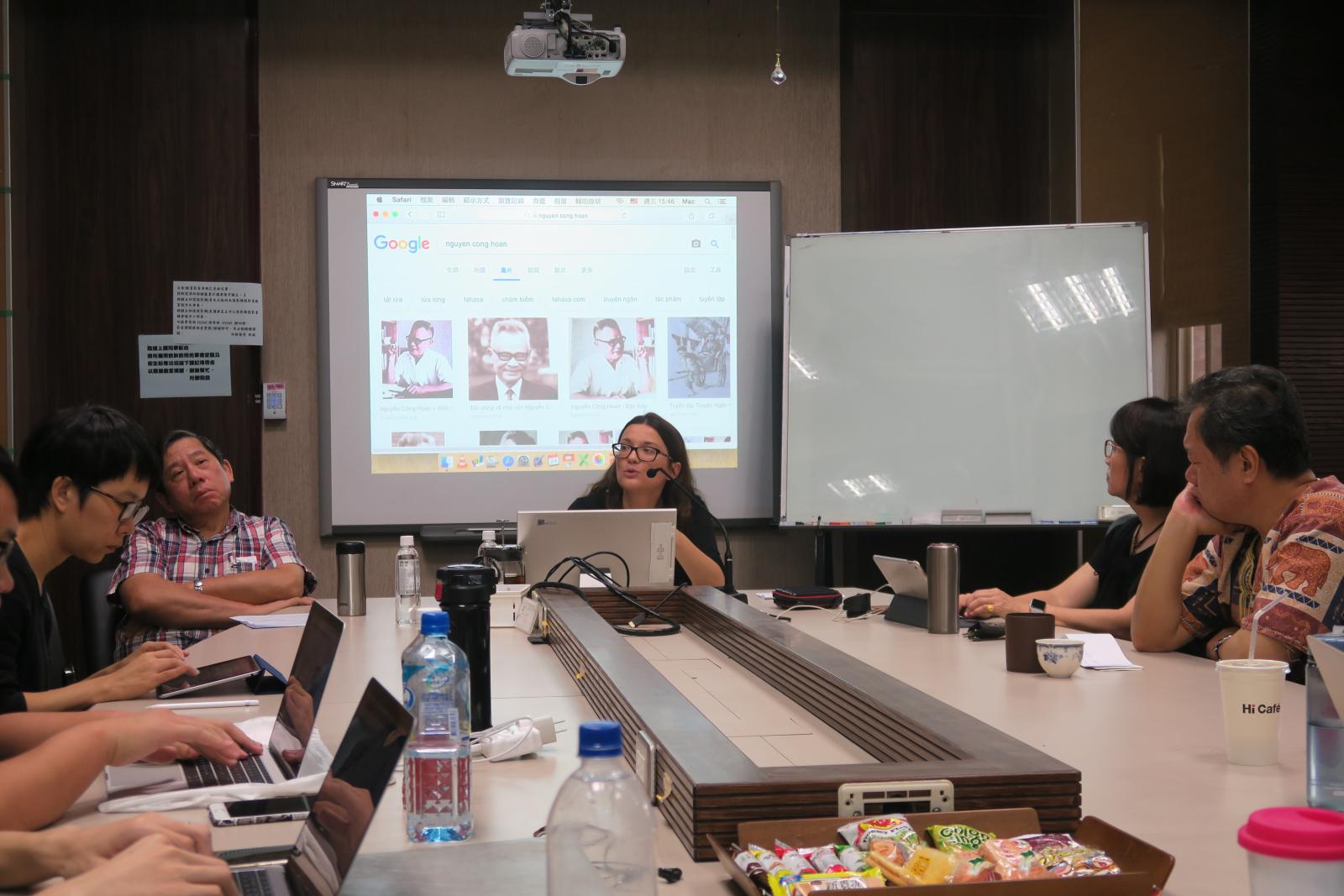
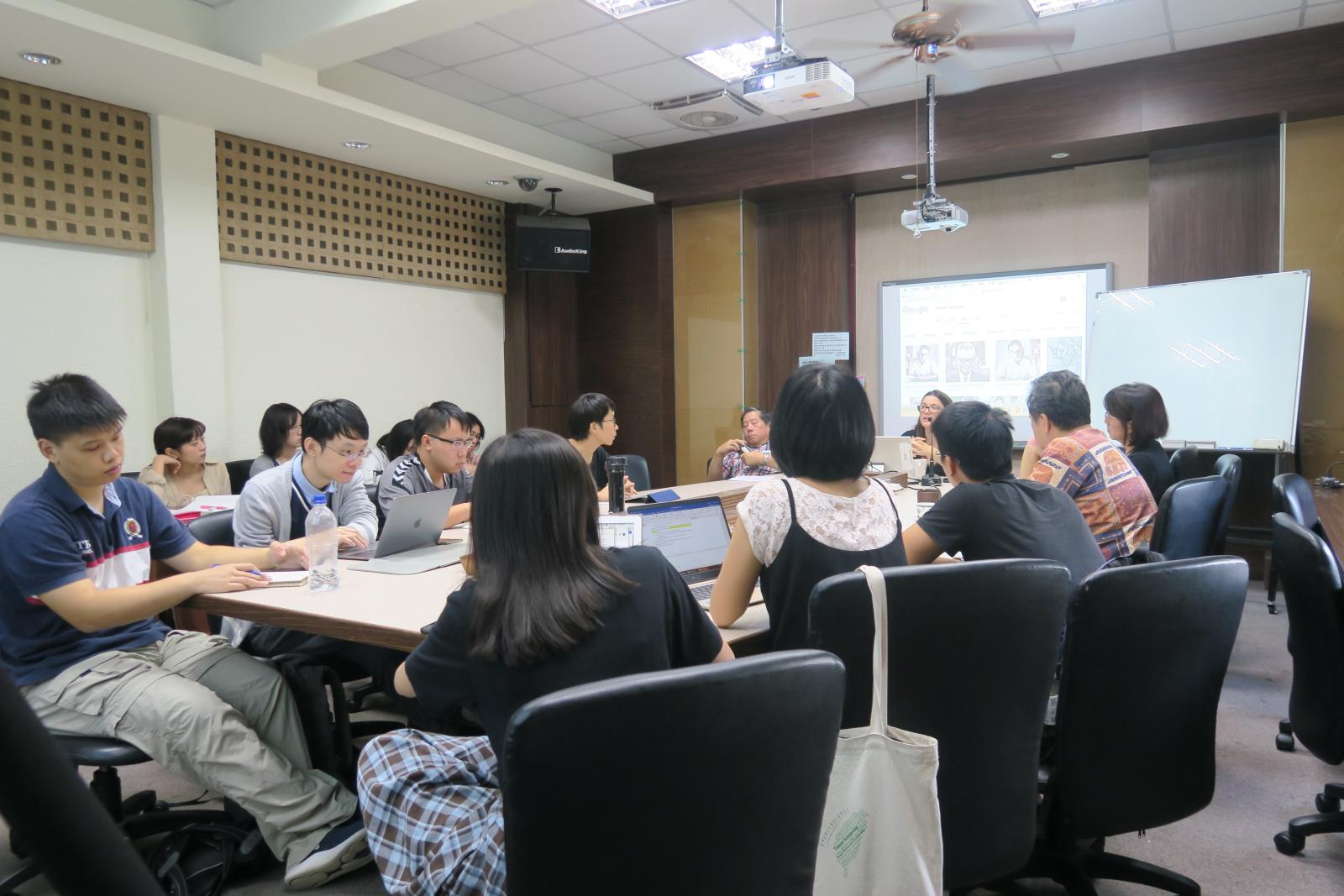
A Fragmented National Literature in Making : On Maria Strasakova’s Talk “The Modernization of Vietnamese Literature During the French Colonial Period”
by Desmond Sham
How writers and literature responded to colonialism and modernity have been a common interest across various Asian societies. In her talk “The Modernization of Vietnamese Literature During the French Colonial Era” on 24 October 2018, Dr. Maria Strasakova of Palacky University Olomouc elaborated how Vietnamese literature developed and transformed during contact with the West during the French colonial era. She also elaborated how the politics involved in transforming literature, and vice versa.
Dr. Strasakova’s talk was built on the premises that literature is not independent from socio-cultural contexts, and literature is a product of borrowing and influence, rather than creation per se. Besides the literary works, she also consulted archival materials. In these archival materials, she found evidence on the colonial government’s policing of journalists and writers and censoring literary publications. Thus, who was allowed to write, and what kind of texts were allowed to circulated were often an important question to bear in mind. She argues, while the French colonial authority used the literature to legitimize their rule, writers in Vietnam, many of whom are well-trained intellectuals, also used literary works to resist.
Throughout the talk, Dr. Strasakova introduced many talented writers and their thoughts, as well as their transformation. Writers also needed to consider the written scripts to be used in their writings. Immediately after the Treaty of Saigon that ceded what was later known as Cochinchina, many scholars fought with their pen. To be understood by the general public, writers who wrote protest literature and criticism also recognized their need to write in vernacular Vietnamese. Gradually, more writers became concerned about the role of literature in educating the public and liberating the society. Dr. Strasakova introduced to the audience Phan Boi Chau, who met Chinese intellectual Liang Qichao while trying to seek help from Japan. In their discussion of liberating Vietnam and educating the public, Phan recognized the importance of writing in Latin scripts, instead of Nom characters. By the early 20th century, the once rejected Latin scripts were gradually accepted and promoted by many writers.
Dr. Strasakova also emphasized the fragmentation of Vietnamese Literature during the colonial period. As the political and cultural atmospheres were largely different among Cochinchina, Tonkin, and Annam, so did the literary scenes. Annam, where the imperial court was located, according to Dr. Strasakova, was the most conservative area. Similarly, some popular writers in Cochinchina were virtually unknown to the readers in Tonkin.
The talk finished with fruitful intellectual exchange on the situations of colonial Vietnam and other colonized societies in the region and beyond, as well as the comparison between colonial Vietnam and postwar Vietnam. Dr. Strasakova’s talk not only introduced the development of modern Vietnamese Literature in the colonial period but also brought the audience a lot of thought for referencing to their research.
近期新聞 Recent News
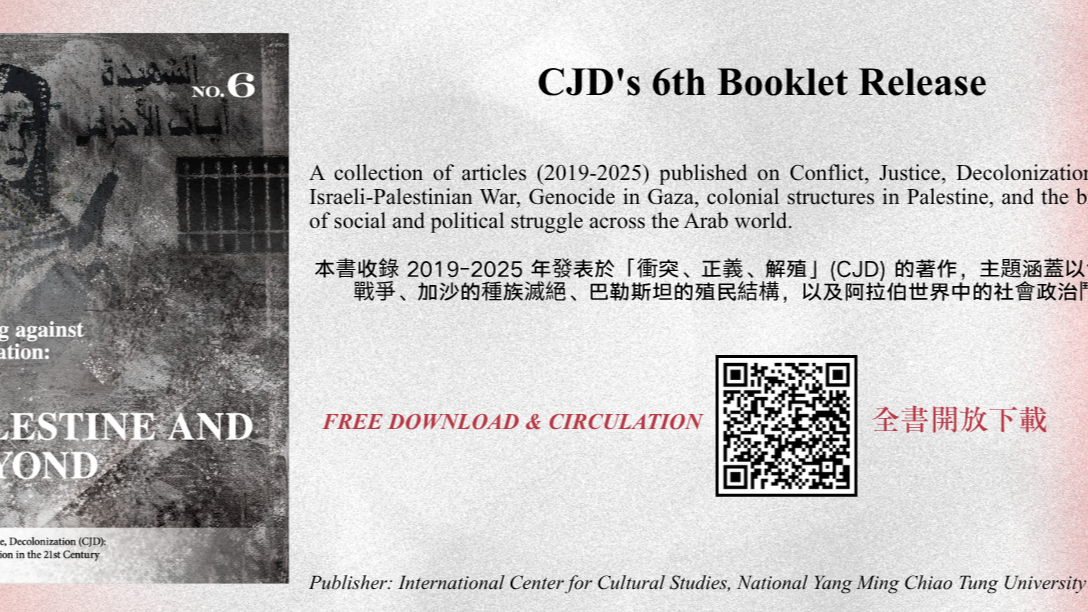
New Publication | Writing against Occupation: Palestine and Beyond (CJD Booklet No.6)
2025-11-12
more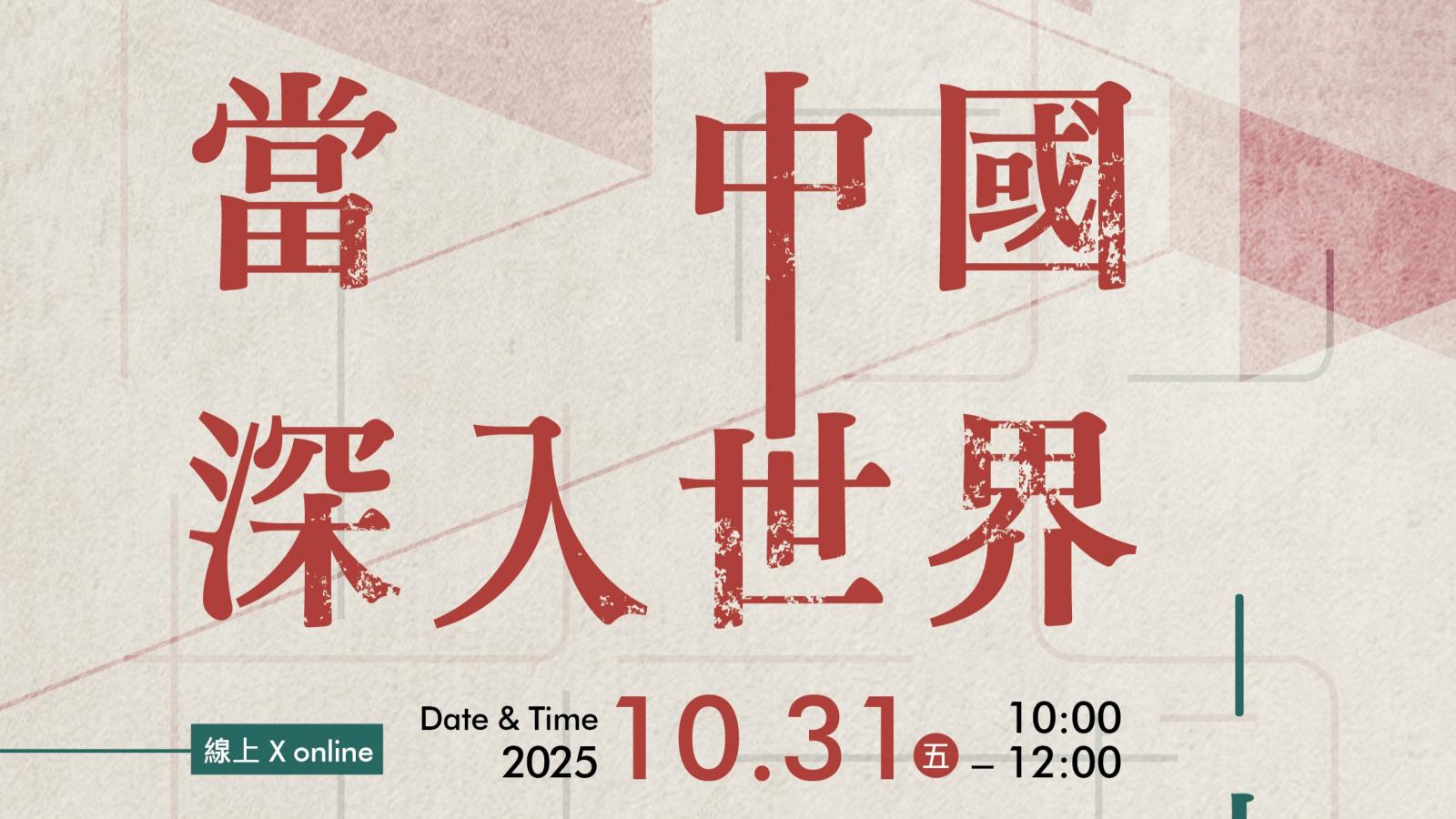
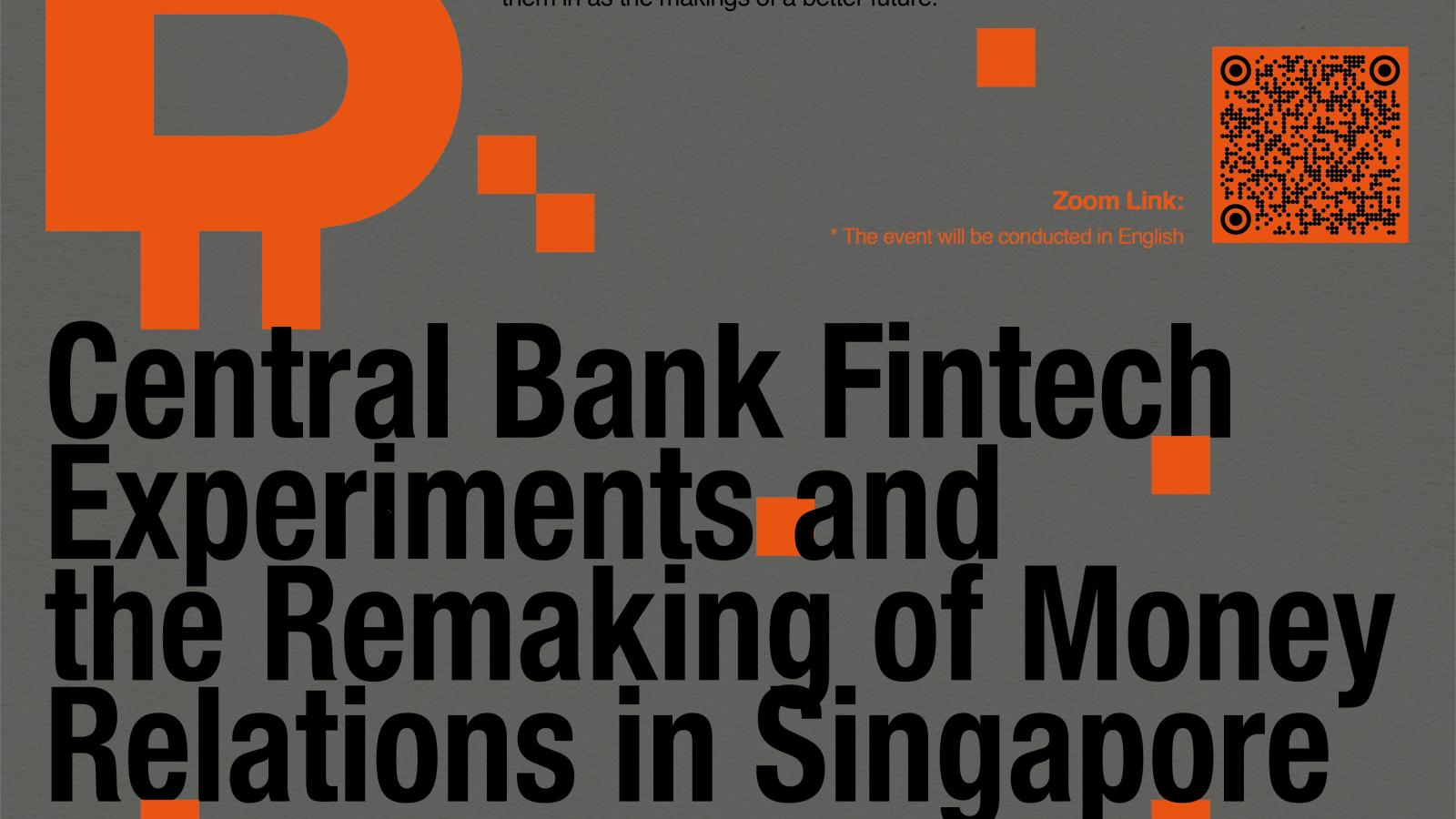
側記|Central bank fintech experiments and the remaking of money relations in Singapore
2025-10-22
more